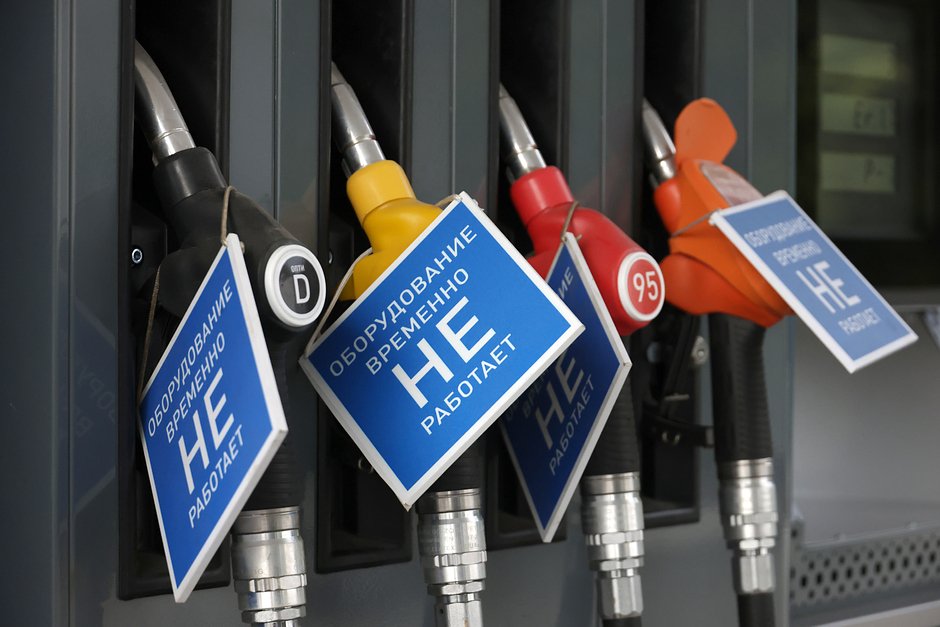Ukraine’s sustained deep-strike campaign against Russian energy infrastructure has destroyed over 38% of Moscow’s refining capacity and forced the Kremlin to suspend fuel exports.
Read also
-
Russia’s oil fields 96% depleted, while investors flee and Ukraine strikes refineries, intelligence says
-
Russian seaborne fuel exports drop 17% after Ukrainian drone strikes on refineries
-
Ukraine knocks out 17% of Russia’s oil capacity — and that’s just this month, Reuters says
-
“Simply mathematical truth”: Ukrainian drones achieve more than years of Western sanctions against Russia – Budanov

